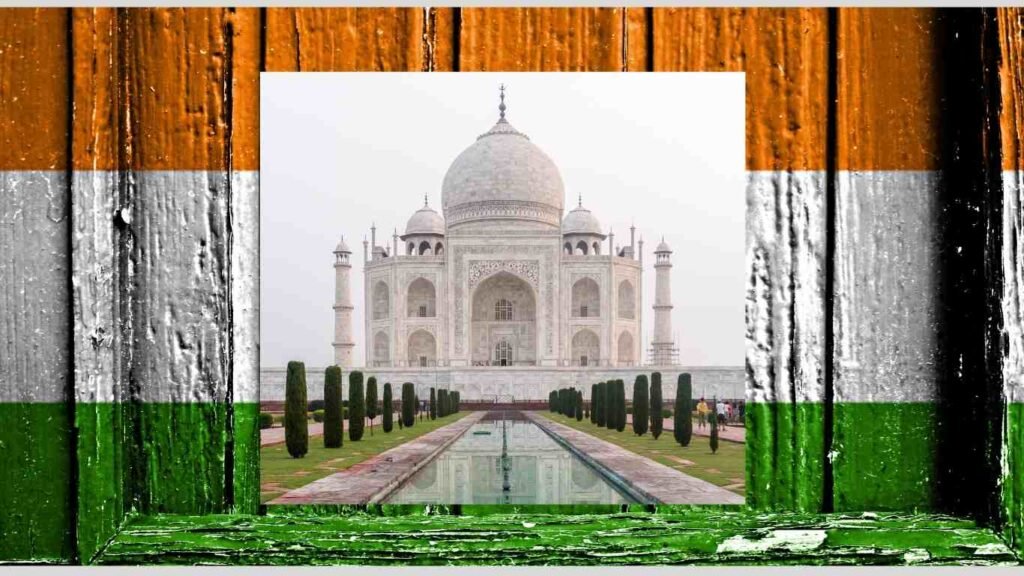India’s Economic Ascent
India is steadily positioning itself to become the world’s third-largest economy by 2028, a milestone that underscores its growing global influence and economic resilience. As the country continues to implement structural reforms and attract global investment, its GDP is projected to surpass that of Germany, marking a significant shift in the global economic order.

With a current GDP of around $3.7 trillion, India is on track to expand to approximately $5.7 trillion by 2028, making it the fastest-growing major economy in the world. This growth is not only a reflection of sheer scale but also the result of deliberate policies aimed at long-term sustainability and inclusion.
Key Growth Drivers
Several fundamental factors are driving India’s rapid economic transformation:
- Young and Growing Population: With a median age under 30, India boasts one of the youngest workforces globally. This demographic dividend fuels both productivity and domestic consumption.
- Digital and Infrastructure Advancements: Initiatives such as Digital India, Smart Cities, and massive investments in highways, railways, and renewable energy have significantly boosted efficiency and accessibility across the country.
- Manufacturing and Exports: Programs like Make in India and Production-Linked Incentive (PLI) schemes are boosting domestic manufacturing and reducing reliance on imports. India’s emergence as a hub for electronics, automotive, and pharmaceuticals is enhancing its export potential.
- Reform-Oriented Governance: Continued focus on tax reform, ease of doing business, and financial inclusion has encouraged foreign direct investment (FDI) and supported entrepreneurship.
State-Level Contributions and Competitive Federalism
India’s federal structure plays a crucial role in its economic rise. State governments are increasingly competing to attract business through localized incentives, streamlined regulations, and investment in education and infrastructure. States such as Maharashtra, Tamil Nadu, Gujarat, and Karnataka are emerging as global economic zones in their own right, contributing significantly to the national GDP.
This form of competitive federalism is encouraging innovation and balanced regional development, helping to reduce disparities and promote inclusive growth.
Global Role and Strategic Position
India’s rising economic status is reshaping its role on the global stage. As global supply chains diversify, India is becoming a preferred destination for manufacturing and services. Partnerships with major economies are expanding, supported by trade agreements and strategic cooperation in areas such as climate action, technology, and defense.
India is also contributing significantly to global economic momentum, with its domestic demand, startup ecosystem, and tech innovation making it a key growth engine for the world economy over the next decade.
Challenges on the Horizon
Despite the strong outlook, India faces challenges that require careful navigation:
- Income Inequality: Bridging the gap between urban and rural regions remains a pressing issue. Economic growth must be inclusive to be sustainable.
- Employment Generation: Ensuring that growth translates into sufficient high-quality jobs is essential, particularly for the country’s youth.
- Climate and Sustainability: As India industrializes, managing environmental sustainability while maintaining growth is a delicate balance.
- Geopolitical and Financial Risks: Global economic uncertainty, oil price volatility, and regional tensions could impact momentum if not proactively managed.
The Road Ahead
If current trends continue, India’s rise to become the third-largest economy in the world by 2028 will not just be a statistical achievement—it will represent a new chapter in global economic leadership. With disciplined policy, technological innovation, and human capital as its foundation, India is well-positioned to shape the global economy in the coming decades.
The future of India is not just about numbers. It’s about opportunity, resilience, and the aspirations of over a billion people working toward shared prosperity on the world stage.

